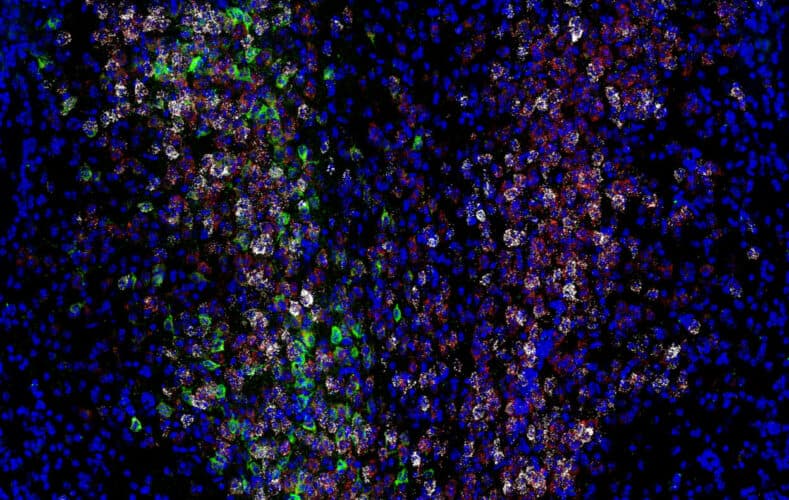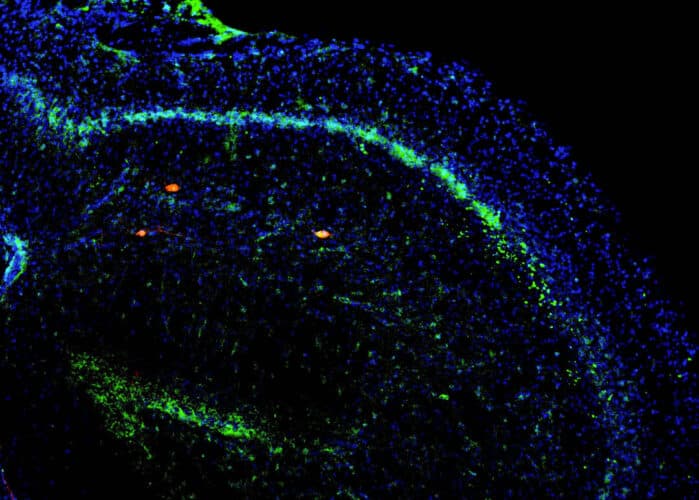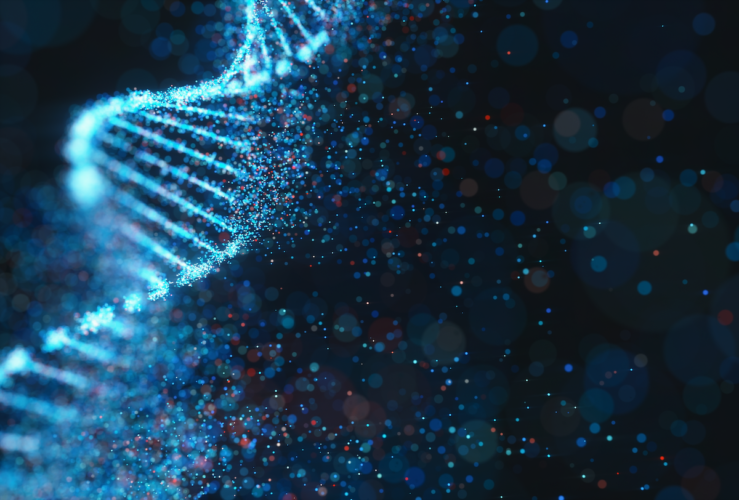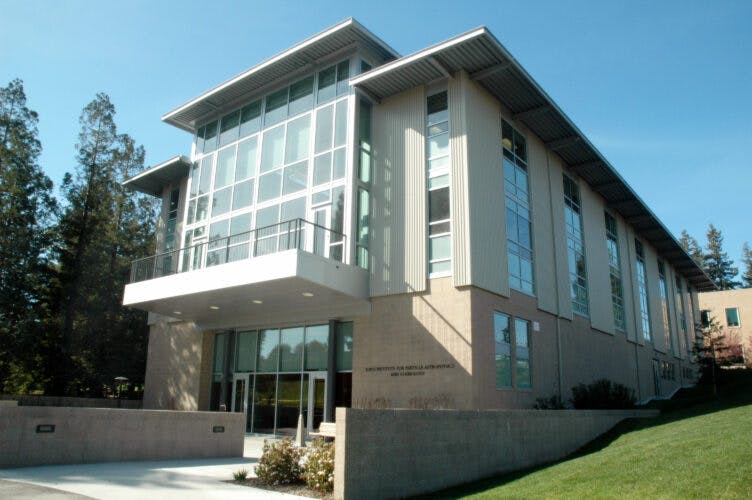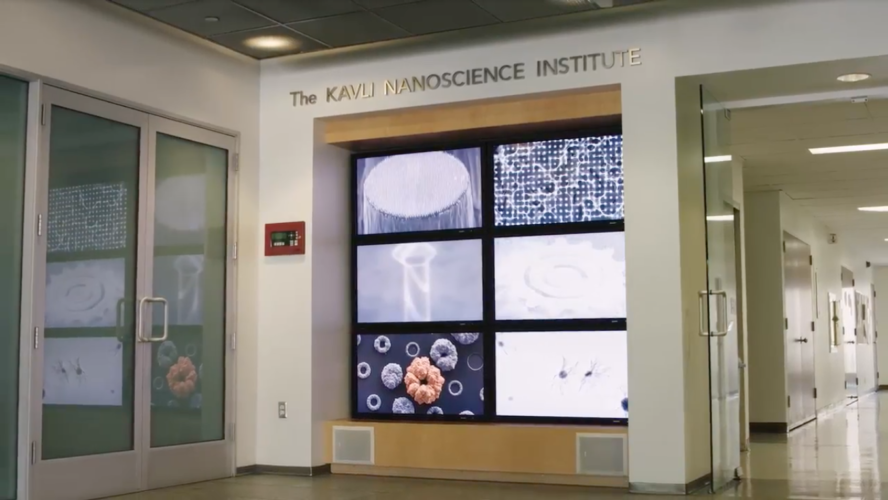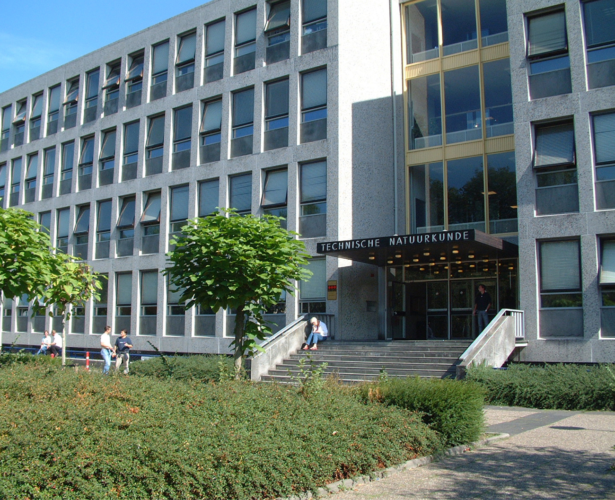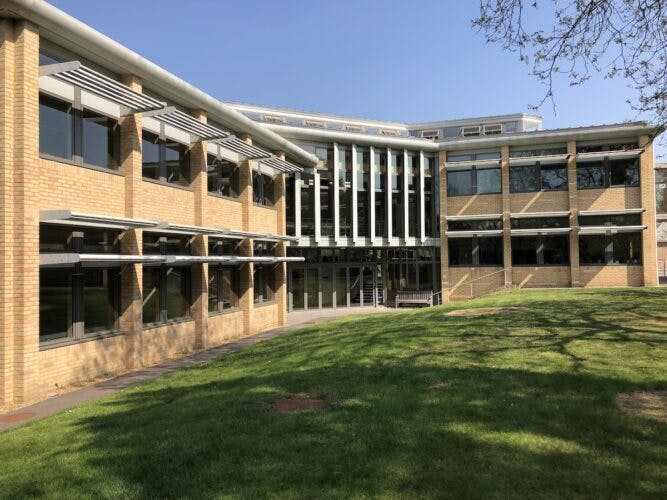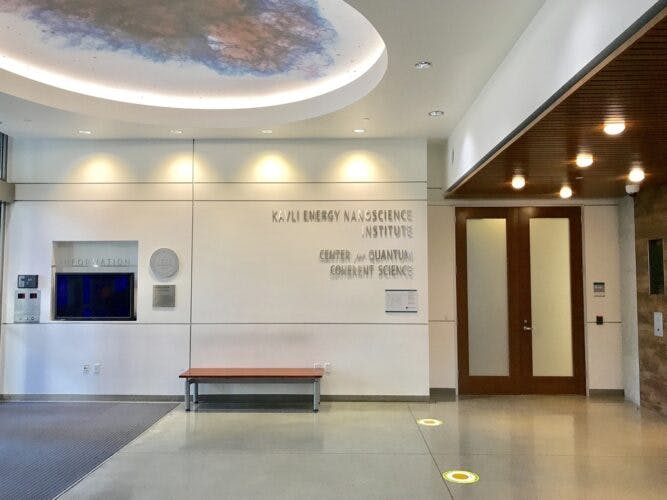
Johns Hopkins UniversityKavli Neuroscience Discovery Institute
Applying transdisciplinary approaches to neuroscience to revolutionize our understanding of the brain
The goal of the Kavli Neuroscience Discovery Institute (Kavli NDI) is to unite the scientific enterprise at Johns Hopkins University to study the brain and to establish the global standard for integrative neuroscience research. Kavli NDI combines multiple scales of analyses across traditionally distinct research disciplines, be that the study of single molecules in a neuron, or the emergent patterns of cortical columnar dynamics, to address the most challenging questions in neuroscience. The Kavli NDI is a dynamic, multidisciplinary institute comprised of neuroscientists, engineers, and data scientists with a vision to interrogate the inner workings of the brain across broad spatial and temporal scales in order to understand how neurobiology ultimately reflects the essence of who we are.
FOUNDED 2015
Leadership
AREAS OF INQUIRY
- NEUROEXPERIMENTS: Creative and rigorous experimentation provides the foundation for biological discovery. Understanding how the brain allows us to perceive, think, and interact with the world requires inventive experiments across multiple biological disciplines and observational scales. Kavli NDI researchers use engineering tools to conduct cutting-edge experiments to monitor and manipulate the brain at different scales.
- NEUROENGINEERING: Discovery in neuroscience is increasingly dependent on developing and applying novel techniques, as underscored by the BRAIN (Brain Research through Advancing Innovative Neurotechnologies) Initiative. Kavli NDI develops novel technologies to measure, manipulate, and model brain behavior.
- NEURODATA: Breakthroughs in understanding brain structure and function will depend on our ability to extract insights from large data sets. New neurodata tools, including mathematical and computational science, computing machinery, algorithms, and hardware architectures, will help convert experimental data into discovery, yielding new knowledge and understanding about the brain.
Neuroscience Research Highlights
Research highlights from Kavli Neuroscience Institutes
Aug 04, 2022
Science and Society Profile
Lomax Boyd is exploring new pathways to engage the public about scientific discoveries within neuroscience and beyond
Jul 14, 2022
Neuroscience Research Highlights
Research highlights from Kavli Neuroscience Institutes
Jun 28, 2022
Research highlights from Kavli Neuroscience Institutes
May 19, 2022
Neuroscience Research Highlights
Research Highlights from Kavli Institutes in Neuroscience
Mar 22, 2022
More Institutes
At Kavli Institutes around the world, scientists explore the frontiers of science in the fields of astrophysics, nanoscience, neuroscience and theoretical physics.
see all institutesNeuroscience
Rockefeller University
Cornell University
Stanford University
Astrophysics
Peking University-Beijing
Theoretical Physics
University of Chinese Academy of Sciences
Nanoscience
California Institute of Technology
Nanoscience
Delft University of Technology, Netherlands
Astrophysics
University of Cambridge
Neuroscience
University of California, San Francisco
Nanoscience
University of California, Berkeley
Neuroscience
Columbia University
Neuroscience
University of California, San Diego, and the Salk Institute for Biological Studies
Neuroscience
Norwegian University of Science and Technology
Neuroscience
Yale University
University of Tokyo
Astrophysics
University of Chicago
Theoretical Physics
University of California, Santa Barbara
Massachusetts Institute of Technology
Nanoscience
University of Oxford



